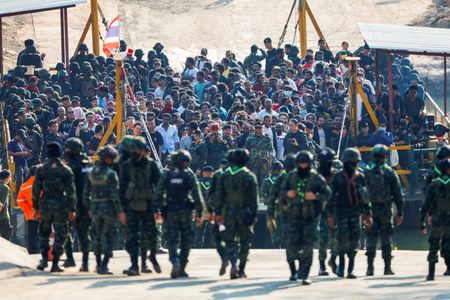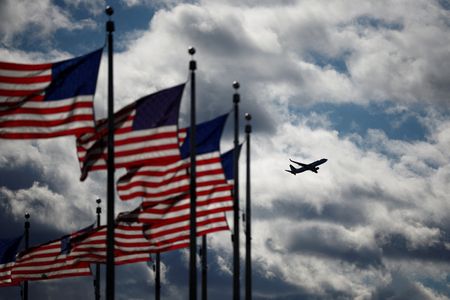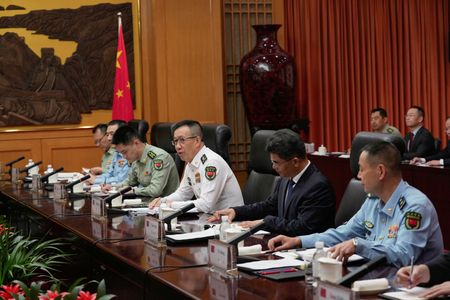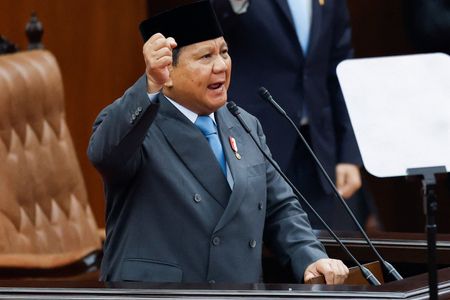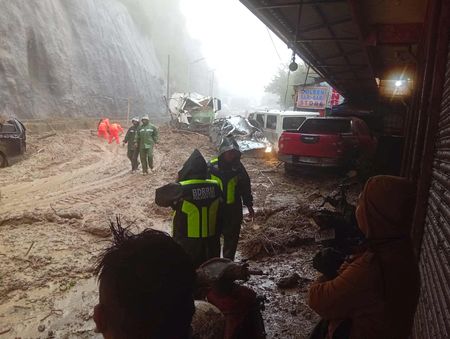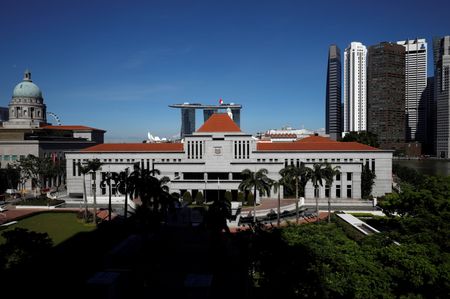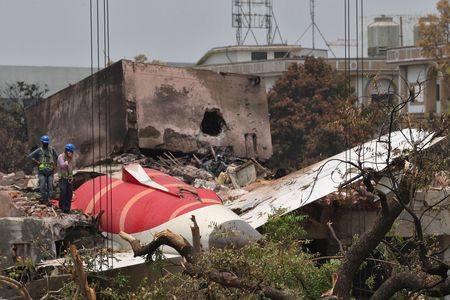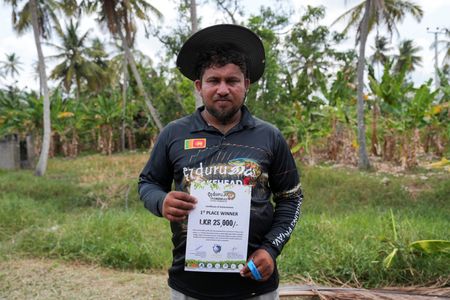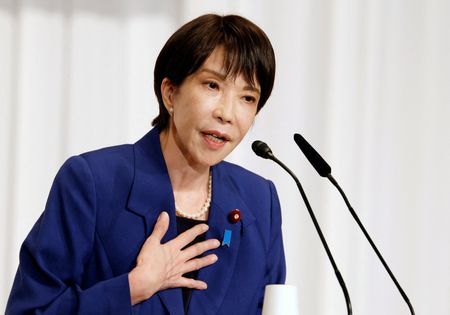BANGKOK (Reuters) – Thailand has received 260 human trafficking victims, more than half of them Ethiopians, from Myanmar, its army said on Thursday, in a massive repatriation that comes amid a mounting crackdown on scam centres operating along a porous border.
Criminal gangs have trafficked hundreds of thousands of people and forced them to work in illegal online operations generating billions annually across Southeast Asia, especially along the Thai-Myanmar border, according to the United Nations.
“After screening the group and verifying their nationalities, it was found that there were 20 nationalities,” the Thai army said in a statement, with 138 comprising Ethiopians.
Although these illegal operations have been in place for years, Thai authorities renewed efforts last month after Chinese actor Wang Xing was abducted in Thailand, lured on the promise of an acting job.
He was later freed by Thai police who found him in Myanmar.
On Wednesday, a large group of trafficking victims who were sent back from Myanmar’s Myawaddy area were seen crossing the Moei River to Thailand, where they were directed onto Thai military vehicles as soldiers looked on.
The Democratic Karen Buddhist Army, a Myanmar rebel group based along the Thai border, said it had found around 260 people from unspecified “businesses” when its personnel looked for forced labour in areas under its control.
“We don’t know how they got here,” the outfit’s chief of staff Major Saw San Aung told Reuters. “We are continuing the search of forced labour, and we will send them back.”
Thailand earlier this month cut electricity, fuel and internet supply to parts of Myanmar where the illegal compounds operate, reflecting growing unease in Bangkok over the impact of scam centres on the vital tourism sector.
(Reporting by Panarat Thepgumpanat and Chayut Setboonsarng; Additional reporting by Shoon Naing; Editing by Devjyot Ghoshal and Bernadette Baum)

